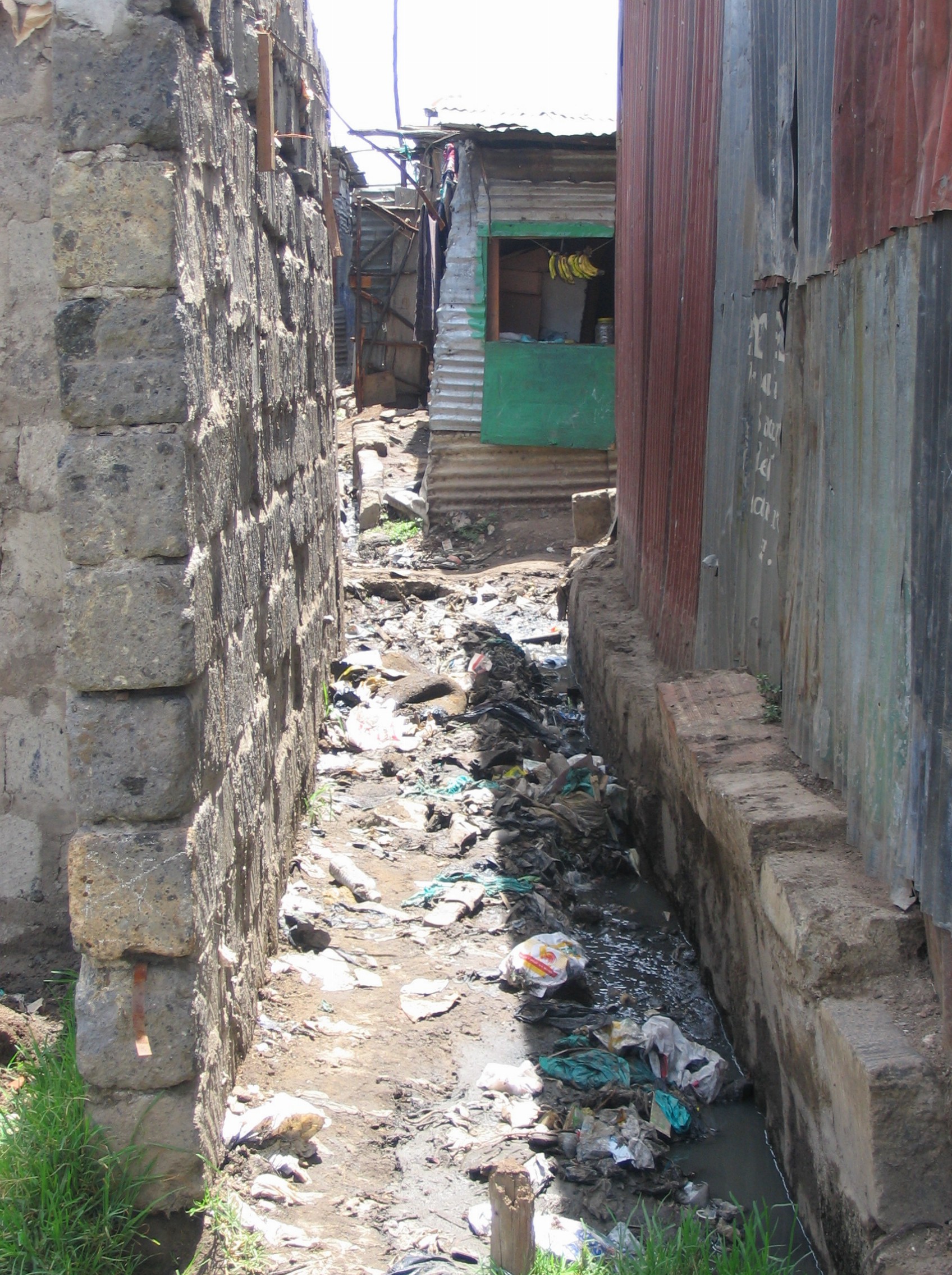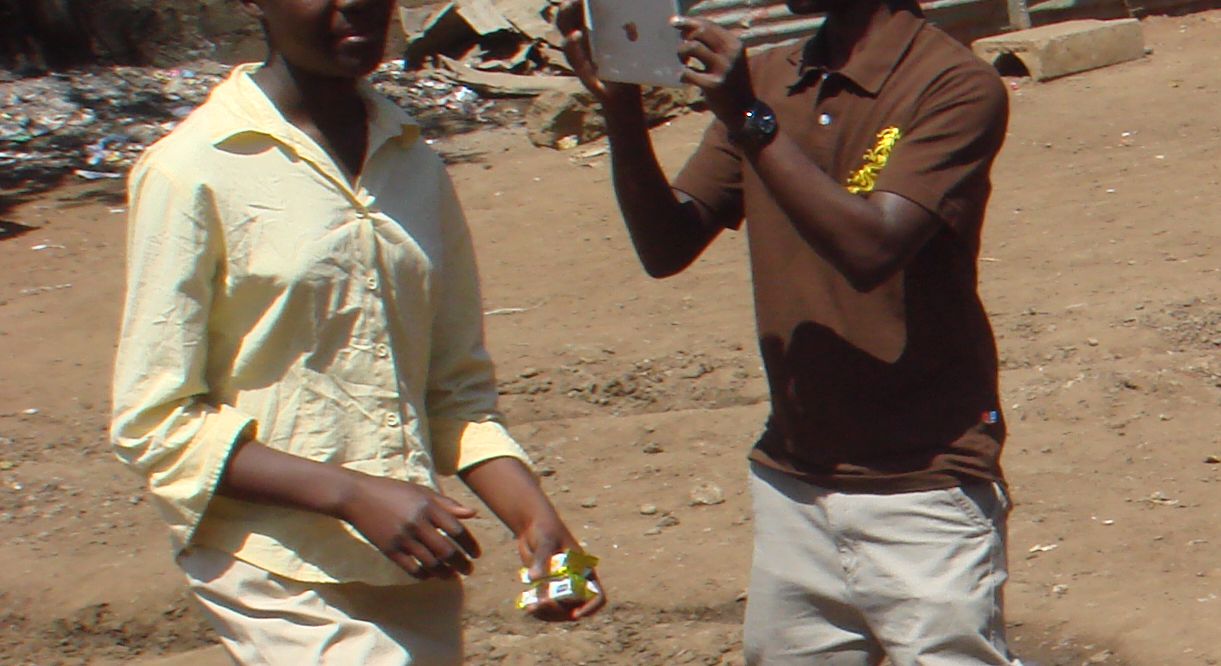Since 2008 I have been a member at a community-based school in Mukuru, a Nairobi slum and since 2010 I have gotten engaged in the processes evolving around the “Kenya Certificate of Primary Education” and around sending children to Secondary Schools in Kenya.
In fantastic collaboration with other community members we have been able to send 10 very bright and deserving youth to Secondary Schools. Speaking numbers, it means that alongside other international fundraisers I have channeled over 9,000 Euros into the lives of Kenyan underprivileged kids to allow them to pursue secondary education.
I have felt humbled, rewarded, grateful, relieved, proud, worried, terrified, sad and many many more feelings. The secret to success? Believing in the impossible, getting out of the comfort zone and consistent communication with stakeholders involved.
In a second post I will share about the cost of sending kids to school in Kenya, but in this one I want to share a few things I have learnt along the journey.
The list of challenges related to urban poverty is never-ending
If you have visited a house in the slum before and talked to a few families there, you will know:
- People in slums spend a lot of time on cleaning, preparing, networking and organizing their daily lives. Because finances are scarce, because the weather determines your life and health a lot and simply because water and electricity are disrupted regularly.
- Slum houses are unsafe housing, which are easily broken into at night. Being robbed is always harsh, but imagine it was all your money; or that you saved for a health event; or it was borrowed at 30% interest rate. Houses build with corrugated iron sheets also burn down easily in case of fire accidents.
- If you made it to urban Kenya, you rarely tell your family back in the rural areas, that life in the slums isn’t as you hoped. And if you do, they might not believe it. They will ask for money during holiday visits, so some people cut ties or visit on fewer occasions. This in turn makes it less likely to one day return home and the aim “to make it in Nairobi” grows (while the odds don’t necessarily).
- Health care is hardly affordable. Some NGOs are bringing relief regarding maternal care, malaria and HIV/AIDS related ailments, but you have to know where to look for them and how to qualify for support. Which comes back to bullet point number 1.
- 30 shillings mean all the difference when providing dinner for a family. That is why there is a lot walking involved.
Now let’s imagine, you are a “vulnerable child”, meaning you could have a poor single parent, you could be an orphan, you could be living on the street or you could have violent or substance-addicted parents/guardians. This adds a few items to your list
- If you don’t have a birth certificate, you will find it impossible to register for KCPE. While you don’t even know what that means, nobody around you will know how to solve this.
- You will need a place to pee, sleep, eat and you will believe many things you are told in order to find such a place.
- You will easily catch throat and ear infections, colds and worms. You will diarrhea often and catch malaria more easily than kids in middle-class homes.
- You have seen and heard adults around you having sex since you
 can remember, those who are married and those who are not. Most likely you have seen still-born babies and know a few things about home-abortions.
can remember, those who are married and those who are not. Most likely you have seen still-born babies and know a few things about home-abortions. - Once you turn 12-ish you will find that the mattress which you shared with 3 or 5 other children is too small now. You will find that the neighbour or aunt who hosted you becomes more impatient with you and that the food portions are never enough.
- You will have lost at least one close relative in the last two years, either due to a disease, crime or a traffic accident.
- You have never reflected on religion critically. You have been to the city center once or twice and never to the National Museum. Obviously you have seen pictures of the Massai Mara but you don’t know anybody who’s gone there.
These are the type of things I’ve learnt from conversations with children, youth and adults. What I can’t imagine is what this does to children, youth, humans. Or a nation.
Many middle-class Kenyans are concerned and often too busy to get involved
Whatever the exact numbers, let’s assume Nairobi has 60% odd percent of the population living in slums.
Many of my friends are educated, concerned Kenyans between 25 and 35. They too are concerned with the low quality of public services provided, and public moneys disappearing with little evidence of results. They understand the cycle of poverty and crime. They don’t buy the shady covering up of land issues and tribalism through the political elite. Many have joined me (or other NGOs) in the slums for visits, volunteering and donated clothes or food. 
They challenge their own assumptions, connect to their humanity and take heart to do what is needed.
But very few regularly engage with their neighbours in the ghetto. Very few build relations with leaders in the slums. When slums burn down, few come with food and clothes and help rebuild homes.
Understandably. Many are busy building their own lives, doing a second degree, starting a side business, hustling to buy a car to get out of the (cough cough) public transport system, the eyes to the horizon. On weekends you take care of your spiritual, emotional and health needs after a tough week: collapsing on the couch, playing with the kids, partying all night, going to church, everyone has a conscious or unconscious coping strategy.
80% of Kenya’s population is systematically excluded from participation – stunning! I believe it will bite us in the back. How will an elite (even if it wants to) find solutions to transport crisis, security, housing and health, truly disruptive education approaches which work for all? How will we build an inclusive society if we aren’t aware of just how exclusive we currently are?
What is needed is creating platforms for conversations and connections between these two groups of the population, between poor and (aspiring) middle-class. Our futures relies on each other, but we don’t talk. We have the same aspirations and the same fears, but we don’t even know each other.
Ubuntu in urban Kenya? Sometimes ni ngumu kuipata.
Education needs an overhaul
Of course it is not proven that going to Secondary School will allow poor Kenyan kids to escape poverty. The opposite might be true. It might teach them to learn off-head instead of think; or sitting down instead of taking initiative; or shut up when they have an idea or question. It might as well lead them to university, a National science competition or let them create friendships across tribes and class.
poverty. The opposite might be true. It might teach them to learn off-head instead of think; or sitting down instead of taking initiative; or shut up when they have an idea or question. It might as well lead them to university, a National science competition or let them create friendships across tribes and class.
Maybe it’s more effective in terms of livelihood creation to use the same money to teach them to start businesses and give them seed capital. I am more than happy to engage in conversations and activities around this!
What I do believe though, is that children under 18 don’t belong on the street and below-16s don’t belong in jobs. They need boundaries and learn how to navigate them while growing up. They need opportunity to discuss ethics, politics, religion and history. They deserve something as close to a loving home as possible. It’s their right to be protected from teenage pregnancy, drugs and disease.
And if the best current tool to do this is Kenya’s Secondary School System, it’s easy to see: Our job is just starting.
It takes a village to raise a child
This is a fantastic African saying, which I came to understand much more now. Over the last four years I have witnessed generous contributions from “across the village” of our children:
Community members of Mukuru who find family members in the rural areas to take in the secondary pupils for half-term break to save bus fare. Neighbours who send children to our center, having witnessed abuse through guardians. Upendo voluntary staff dedicating nights and weekends, heck, their lives, to raising these children. Kenyans coming in to play with the kids and to donate food. Sponsors in Germany and other countries, who just because they know me have agreed to spend hundreds of Euros per year on an unknown child. Boarding school nurses who avail their phones to call home when the kid feels the need to talk. Head teachers who allow fees to come in a week late.
These are the types of actions that we need to see more. A spontaneous donation, giving someone a ride, asking for the story behind the face, offering your ears, greeting a stranger, taking time to make a new friend, connecting to our human side.
If somebody asks me (and it definitely happens a lot!) whether I have children, I now answer “Of course!” and start showing pictures on my phone. And I feel proud to, in my own small way, help create connections, hope and awareness. And to contribute to the next generation, without being a biological mother.